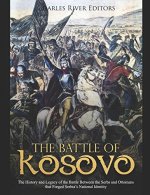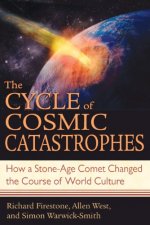Combat
Brigadier General
- Joined
- Jun 10, 2005
- Messages
- 11,254
This one looks interesting and follows in the line of Herzog's Quixote-like themed movie "Aguirre Wrath of God." Release date is June 14.
The Twilight World
by Werner Herzog:
The great filmmaker Werner Herzog, in his first novel, tells the incredible story of Hiroo Onoda, a Japanese soldier who defended a small island in the Philippines for twenty-nine years after the end of World War II
In 1997, Werner Herzog was in Tokyo to direct an opera. His hosts asked him, Whom would you like to meet? He replied instantly: Hiroo Onoda. Onoda was a former solider famous for having quixotically defended an island in the Philippines for decades after World War II, unaware the fighting was over. Herzog and Onoda developed an instant rapport and would meet many times, talking for hours and together unraveling the story of Onoda’s long war.
In The Twilight World, Herzog immortalizes and imagines Onoda’s years of absurd yet epic struggle in an inimitable, hypnotic style—part documentary, part poem, and part dream—that will be instantly recognizable to fans of his films. The result is a novel completely unto itself, a sort of modern-day Robinson Crusoe tale: a glowing, dancing meditation on the purpose and meaning we give our lives.
The Twilight World
by Werner Herzog:
The great filmmaker Werner Herzog, in his first novel, tells the incredible story of Hiroo Onoda, a Japanese soldier who defended a small island in the Philippines for twenty-nine years after the end of World War II
In 1997, Werner Herzog was in Tokyo to direct an opera. His hosts asked him, Whom would you like to meet? He replied instantly: Hiroo Onoda. Onoda was a former solider famous for having quixotically defended an island in the Philippines for decades after World War II, unaware the fighting was over. Herzog and Onoda developed an instant rapport and would meet many times, talking for hours and together unraveling the story of Onoda’s long war.
In The Twilight World, Herzog immortalizes and imagines Onoda’s years of absurd yet epic struggle in an inimitable, hypnotic style—part documentary, part poem, and part dream—that will be instantly recognizable to fans of his films. The result is a novel completely unto itself, a sort of modern-day Robinson Crusoe tale: a glowing, dancing meditation on the purpose and meaning we give our lives.







